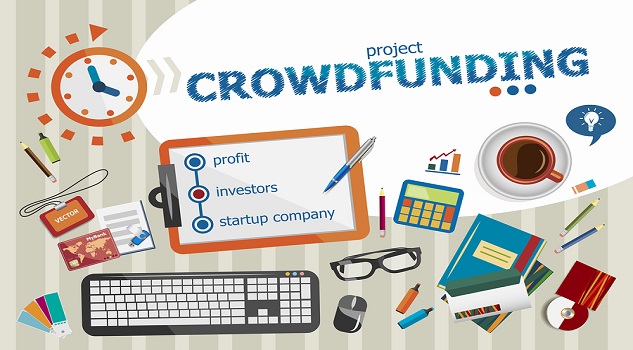1. Set aside manpower – Crowdfunding, and equity crowdfunding in particular is not a set-and-forget campaign, it needs constant and careful attention throughout the course of the campaign. For small businesses, this means the founders/directors will practically be involved in fundraising in a full-time capacity. Just getting the offer document ready takes a lot of time and effort. Then there are emails, meetings with potential investors, deal-making and deal-closing. Make sure you have enough time in your day to dedicate to it.
2. Get external help: A good campaign starts with a great offer. You’ll need business advisors to help with company structure. Accountants will have to prepare statements. A copywriter or capital-raising consultant will have to write the offer document, then a marketer will have to setup and manage the campaign to maximise campaign exposure and generate leads of interested investors. If your organisation isn’t already setup up to do all of this, get external help. We were lucky because there were 2 of us to follow up with potential investors and we had an ex startup founder and growth marketer helping us with the offer document and campaign marketing. There are specific capital raising agencies and professionals who can help you with campaign execution.
3. Start early: It takes a good two to three months to prepare for the crowdfunding campaign. This involves warming up your social and customer circle. Getting your paperwork in order. Campaign marketing planning and campaign setup e.g. email templates, advertising, PR coverage etc take a few iterations too. Legal documents take a few iterations to get right as well. Prepare your team and your schedule with clear roles and responsibilities. For simple crowdfunding campaigns, make sure you’ve got your manufacturing and supply chain sorted out. This process in itself can take a while to get right. The last thing you want is to run into supply chain issues and annoy a lot of first-time buyers.
4. Market it well: For equity crowdfunding campaigns, expect to invest about 1.5 – 2 per cent of the funds you’re raising into marketing the living daylights out of your campaign. This excludes agency and professional services fees. For simple crowdfunding campaigns make sure you have a large enough email list to promote your products to. Don’t scrounge on advertising budget. Aim for a strong retargeting campaign across multiple channels if your budget permits, so that the offer becomes unmissable. Dominate at least one advertising channel for this.
5. Tap into your network: The secret to a successful crowdfunding campaign is communication. If you look carefully, you’ll have a tonne of social wealth in your personal and professional network. You don’t have to knock cold on investors’ doors. Your friends, family and customers are always going to be your biggest supporters. However, it pays to look further into your supplier, retailer and distributor networks too. You don’t know who believes in your mission enough to come on board as an investor for equity crowdfunding, or they may know someone who may become an investor. Warm introductions are nearly always more friendly when it comes to asking for funds. Pull out your phone contact list and start reaching out to people at least three months before launching the campaign- but make sure you don’t become that one person at the party yelling “buy my goods











